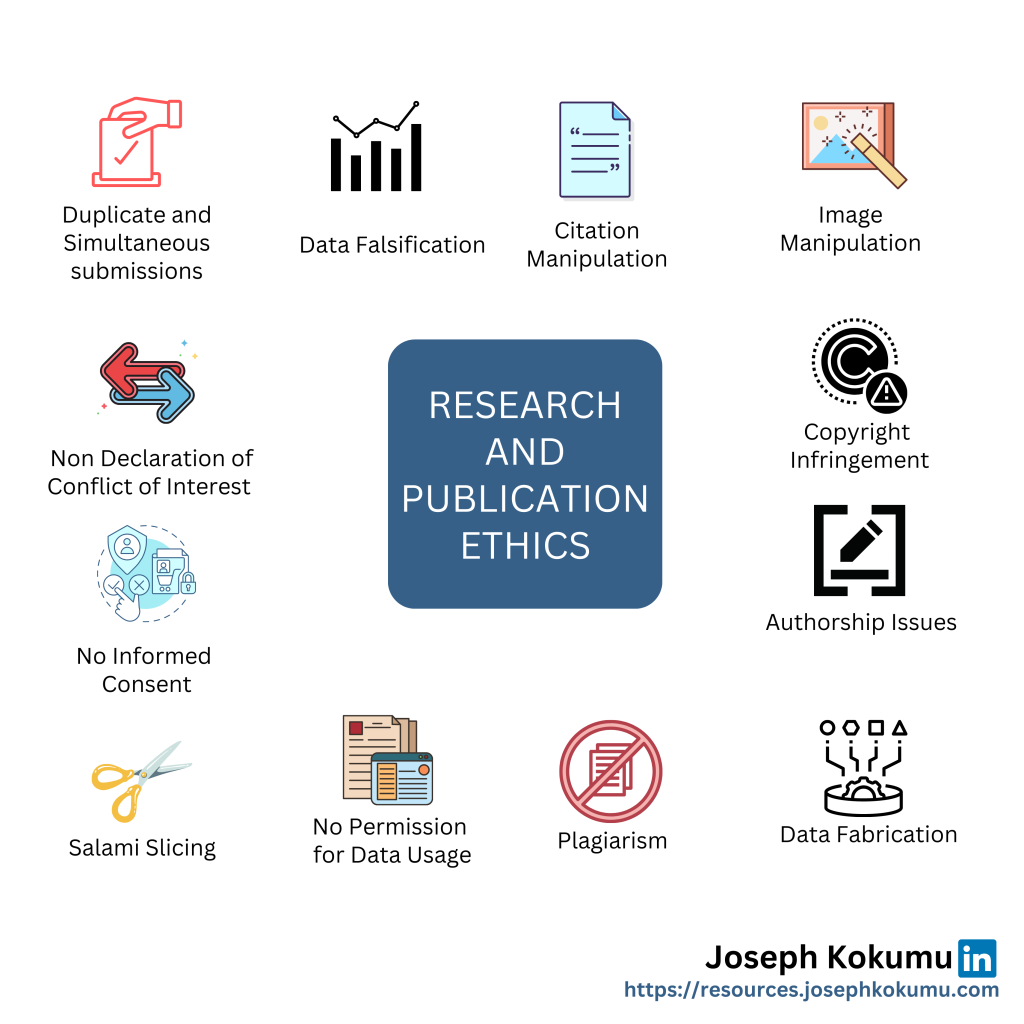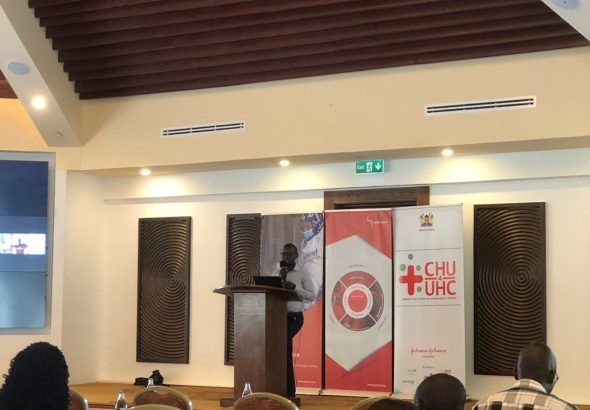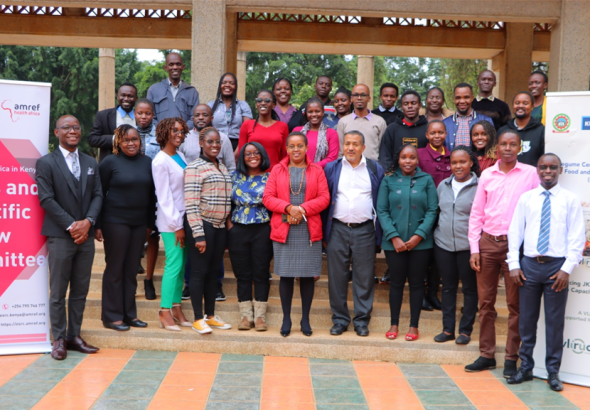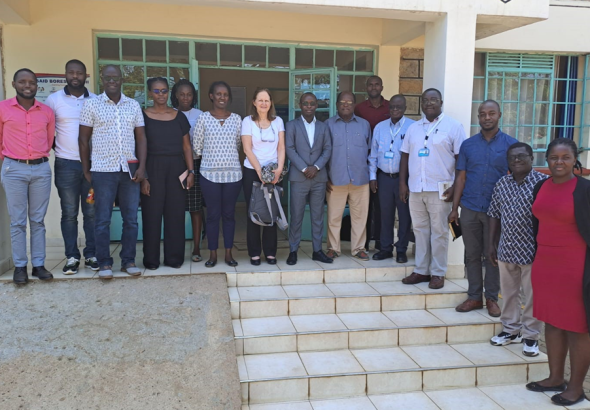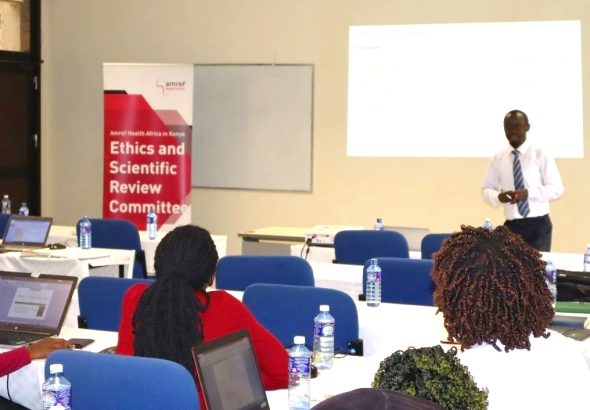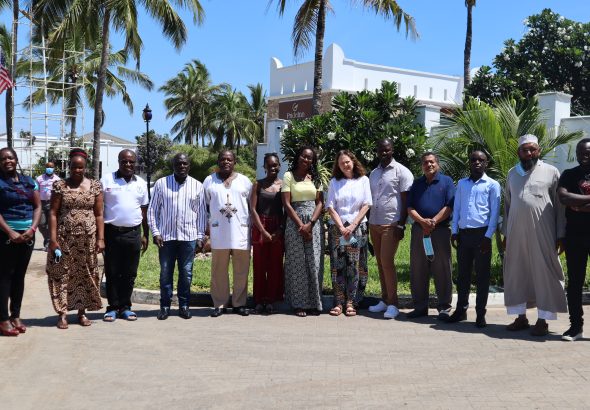Publication ethics is a crucial aspect of research that ensures the integrity, transparency, and credibility of scientific work. Researchers need to be aware of the following key aspects of publication ethics:
Authorship: Properly defining authorship is essential. All authors should have made substantial contributions to the research and should take responsibility for the work’s content. Honorary or ghost authorship is unethical.
Plagiarism: Researchers must avoid plagiarism by properly citing sources and giving credit to the original authors. Self-plagiarism, where one reuses their own work without appropriate citation, is also a concern.
Data Integrity: Ensure the accuracy of data presented in the research. Fabrication, falsification, or selective reporting of data is unethical and can damage the credibility of the work.
Conflicts of Interest: Disclose all potential conflicts of interest, including financial, personal, or institutional relationships that could influence the research or its interpretation.
Ethical Approval: If the research involves human subjects, animals, or other sensitive topics, obtaining proper ethical approval from an accredited institutional review board (IRB) or ethics committee is essential.
Informed Consent: When research involves human participants, proper informed consent procedures must be followed, ensuring that participants understand the nature of the research and its potential risks.
Duplicate Submission: Submitting the same research manuscript to multiple journals simultaneously is unethical. It wastes the time of editors and reviewers and can lead to conflicting publications.
Citation Manipulation: Cite other researchers’ work accurately and avoid excessive self-citation for the sole purpose of inflating one’s own impact.
Transparency: Be transparent about the research process, including methodology, data, and limitations. Openly share data and materials whenever possible.
Image and Figure Manipulation: Manipulating or falsifying images and figures in a way that misrepresents the data is unethical. Ensure that all visuals accurately represent the research.
Retraction and Corrections: If errors or misconduct are identified after publication, researchers should cooperate with the journal to issue corrections or retractions as needed.
About the Writer:
Joseph Kokumu is a public health researcher, bioethics and M&E specialist. He plays a pivotal role in the Amref Ethics and Scientific Review Committee (ESRC) ensuring that ethical research practices are upheld not only within Amref Health Africa but also across other organizations. Joseph is an active member of the Bioethics Society of Kenya, contributing to the advancement of ethical research practices in Kenya and beyond.


